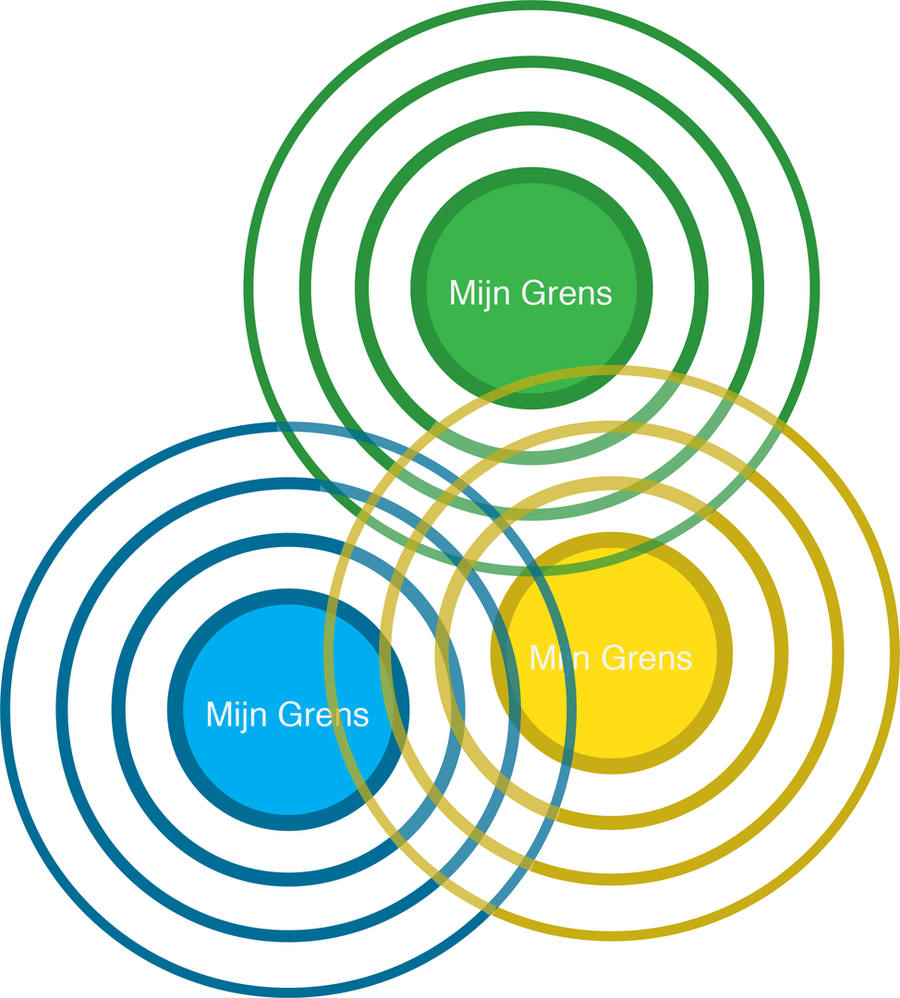Difference between revisions of "Editorial and open call for issue 3"
m (Text replacement - "Category:Issue_3" to "") |
|||
| (21 intermediate revisions by 3 users not shown) | |||
| Line 1: | Line 1: | ||
| − | + | Authors: Sikko Cleveringa & Paul Gofferjé | |
| − | = | + | =Special Issue and open call on 'Radical Reframing'= |
| − | + | ==How to design interventions addressing underlying causes of radicalisation?== | |
| − | + | Within different cultures and contexts radicalization among young people is increasing. We see not only an increase of Islamic radicalization but at least as much increase in right-wing extremism. Reframing is a promising design-method to deal with complex issues. Can radicalization be reframed? Can we intervene in its underlying social processes like exclusion, frustration and anger? The goal is not so much to solve radicalization, but to create a whole new perspective on the situation itself. | |
| − | + | ==Special Issue== | |
| − | + | The first half year of 2017 Beyond Social will serve - amongst others - as a platform to explore these questions. Our point of departure is the ‘Radical Reframing Identity and Integration’ research program (RRII) which has been initiated by [http://www.noacademy.org No Academy], and has been implemented together with the Designing Out Crime research centre (Sydney), the University of Technology Sydney and the Hague University. The RRII program was conducted in three cities at the same time: Arnhem, The Hague and Sydney, Australia. In each city, a team of young designers/artists worked under the guidance of experienced social design thinkers such as Paul Gofferjé, Dick Rijken and Kees Dorst. The program aims to link creativity and imagination of designers and artists to the craftsmanship of city professionals (eg. police officers and youth workers) and to develop a more imaginative, connecting and empathic way of "positive communication" on this subject. As an introduction of this special issue we publish a short description of the RRII research project, two reflections on radicalization and a first report of Kees Dorst about the pilot in Sydney. In January we will publish the results of the pilots in The Hague and Arnhem. | |
| + | |||
| + | ==Open Call== | ||
| + | |||
| + | These articles are only a start. We’re looking for more contributions that shed new light on radicalization, reframing and/or artistic ways to intervene in these processes. Dare to share. We’re open for different types of media (text, pictures, video, audio) from different countries and disciplines. Feel free to contribute! We will edit and publish your contributions on a regular basis in collaboration with the Guest Editors Paul Gofferjé, Dick Rijken and Kees Dorst. In June 2017 we will write a synthesis and organise a meetup to discuss the findings. | ||
| + | |||
| + | '''Check [http://beyond-social.org/wiki/index.php/Want_to_join_us%3F here] to find out how to join our wiki and how to publish. Feel free to contribute!!''' | ||
| + | |||
| + | |||
| + | [[File:Issue3-mijn_grens.png| Illustration by the Arnhem team: 'my boundary']] | ||
| − | |||
[[Category:Introduction]] | [[Category:Introduction]] | ||
| − | [[Category: | + | |
| + | [[Category:Politics]] | ||
Latest revision as of 13:56, 9 February 2017
Authors: Sikko Cleveringa & Paul Gofferjé
Contents
Special Issue and open call on 'Radical Reframing'
How to design interventions addressing underlying causes of radicalisation?
Within different cultures and contexts radicalization among young people is increasing. We see not only an increase of Islamic radicalization but at least as much increase in right-wing extremism. Reframing is a promising design-method to deal with complex issues. Can radicalization be reframed? Can we intervene in its underlying social processes like exclusion, frustration and anger? The goal is not so much to solve radicalization, but to create a whole new perspective on the situation itself.
Special Issue
The first half year of 2017 Beyond Social will serve - amongst others - as a platform to explore these questions. Our point of departure is the ‘Radical Reframing Identity and Integration’ research program (RRII) which has been initiated by No Academy, and has been implemented together with the Designing Out Crime research centre (Sydney), the University of Technology Sydney and the Hague University. The RRII program was conducted in three cities at the same time: Arnhem, The Hague and Sydney, Australia. In each city, a team of young designers/artists worked under the guidance of experienced social design thinkers such as Paul Gofferjé, Dick Rijken and Kees Dorst. The program aims to link creativity and imagination of designers and artists to the craftsmanship of city professionals (eg. police officers and youth workers) and to develop a more imaginative, connecting and empathic way of "positive communication" on this subject. As an introduction of this special issue we publish a short description of the RRII research project, two reflections on radicalization and a first report of Kees Dorst about the pilot in Sydney. In January we will publish the results of the pilots in The Hague and Arnhem.
Open Call
These articles are only a start. We’re looking for more contributions that shed new light on radicalization, reframing and/or artistic ways to intervene in these processes. Dare to share. We’re open for different types of media (text, pictures, video, audio) from different countries and disciplines. Feel free to contribute! We will edit and publish your contributions on a regular basis in collaboration with the Guest Editors Paul Gofferjé, Dick Rijken and Kees Dorst. In June 2017 we will write a synthesis and organise a meetup to discuss the findings.
Check here to find out how to join our wiki and how to publish. Feel free to contribute!!
